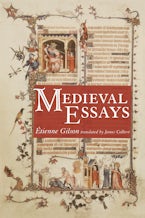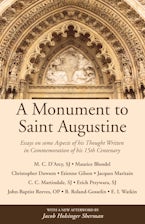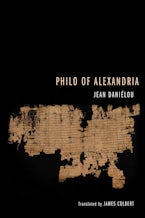- Home
- religion
- philosophy
- art
- Mass Society and Its Culture, and Three Essays concerning Etienne Gilson on Bergson, Christian Philosophy, and Art
Mass Society and Its Culture, and Three Essays concerning Etienne Gilson on Bergson, Christian Philosophy, and Art
by Étienne Gilson and Henri Gouhier
Translated by James G. Colbert
Imprint: Cascade Books
A medievalist and defender of the notion of Christian philosophy, Etienne Gilson had a lifelong interest in the philosophy of art. He questioned whether what is reproduced as art in contemporary society is art at all. This is not a simple issue. A cheap version of a novel is still a novel. A picture of a statue is not a statue, nor indeed is a photograph of a painting a painting. Recorded music has particular complications.
The organizer of an industrial assembly line is neither an artist nor an artisan. Yet, thanks to such mass production, a much broader population has knowledge of artworks than would otherwise be possible.
Religions must minister to mass societies and provide appropriate liturgies. But in the process, there is a danger of misrepresenting complex religious teachings.
At the end of his own life, Henri Gouhier, Gilson's first doctoral student, prepared three essays on Gilson. The first, on Bergson, gives a sense of Gilson's formation in early twentieth-century French philosophy. The second reconstructs the development of the notion of Christian philosophy and the heated controversy it provoked. Finally, Gouhier presents Gilson's general philosophy of art and gives a helpful framework to Gilson's comments on art in a mass society.
Étienne Gilson (1884–1974) was a medievalist who taught at various French institutions, including the Collège de France. Among his numerous works are The Spirit of Medieval Philosophy, his 1931 and 1932 Gifford Lectures (Cascade, 2019), and Medieval Essays (Cascade, 2011).
“Étienne Gilson is not only one of the greatest twentieth-century French historians of medieval scholastic philosophy but also a remarkable thinker who engaged critically with the legacy of early modern philosophy and the likes of Descartes, Heidegger, Bergson, and Sartre. James Colbert’s translations familiarize the anglophone audience with two important sets of writings that showcase the breadth of Gilson’s philosophical interests.”
—Severin Kitanov, Salem State University
“To read James Colbert’s translation is to hear Gilson’s own voice. Colbert captures Gilson’s style perfectly. For Gilson, in these essays, the style is the man: witty, analytical, curious, intelligent. The classical precision of Gilson’s matchless thinking about art and aesthetics is once again on display. These essays by Gilson on art within mass culture are an important addition to our understanding of Gilson’s aesthetics, itself the most thoughtful Christian philosophy of art in the twentieth century.”
—Francesca Murphy, author of Art and Intellect in the Philosophy of Étienne Gilson





